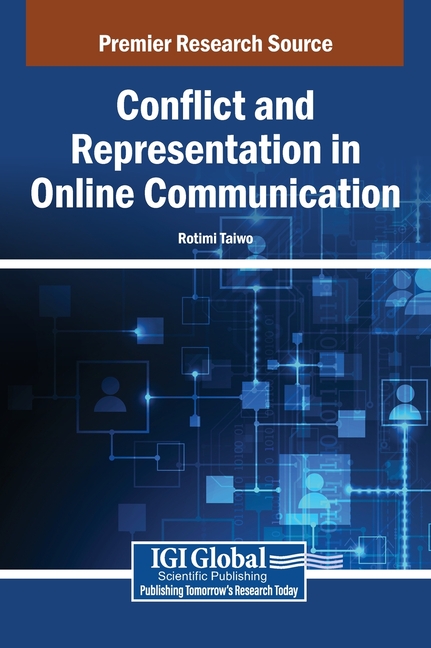Description
Online communication plays a central role in shaping public discourse, social movements, and interpersonal dynamics in the digital age. The anonymity and immediacy of online interactions can both empower voices and amplify hostility, making conflict more volatile and widespread. At the same time, digital platforms have become vital spaces for marginalized groups to share experiences, build communities, and advocate for change. Understanding the psychological, cultural, and social dynamics of internet behavior is critical to promoting respectful dialogue, reducing harm, and ensuring inclusive digital environments. Conflict and Representation in Online Communication examines the evolving nature of online communication, focusing on how digital platforms shape opinion expression, conflict, and representation. Through interdisciplinary insights, it explores the psychological, social, and cultural dynamics that influence internet behavior and offers strategies for fostering inclusive online discourse. Covering topics such as critical discourse analysis, multimodal representation, and technology usage attitude, this book is an excellent resource for researchers, academicians, students, policymakers, educators, professionals, and more.
Last updated on
Product Details
- Jun 24, 2025 Pub Date:
- 9798337352978 ISBN-10:
- 9798337352978 ISBN-13:
- English Language




